Health
-

Corporatization of healthcare gets too much of a bad rap, analyst says
Healthcare analyst says outside investment can boost innovation, growth, care, but profit needs to be aligned with patient outcomes
-

Smart patch reduces cravings for alcohol and drugs
First year of recovery is ‘immensely challenging,’ researchers note. New device could be a difference maker.

-

Reeling in a big scientific discovery
William Kaelin pursued Nobel-winning findings using a fisherman’s instinct
Part of the Profiles of Progress series -
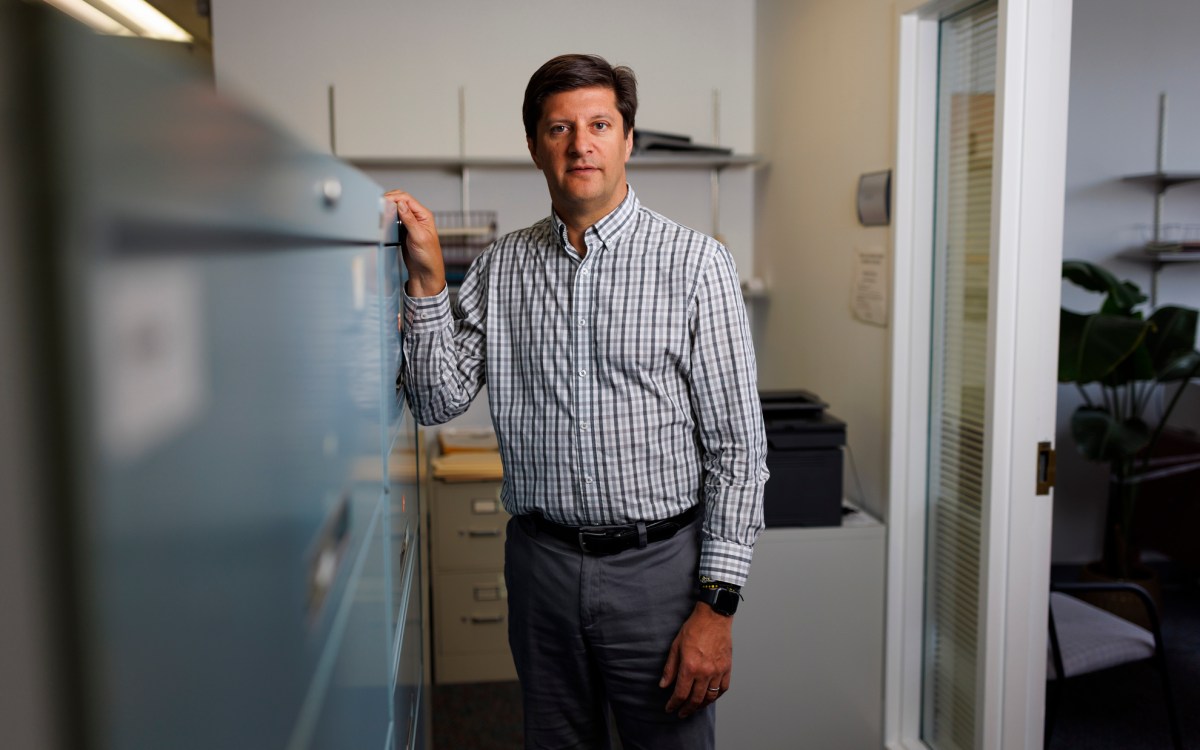
You want chocolate. You need flavanols.
Research strengthens evidence for role of inflammation in disease – especially as we age

-

Crossing line between good and bad anxiety
Psychologist offers 3 strategies to keep worry from interfering with everyday life
-

What science says about Mom’s happiness advice
Data, wisdom meet in social psychologist’s lecture
-
Doing medical rounds on streets, alleys of Boston
Tracy Kidder’s “Rough Sleepers” follows Jim O’Connell, who provides Boston’s homeless with health care.
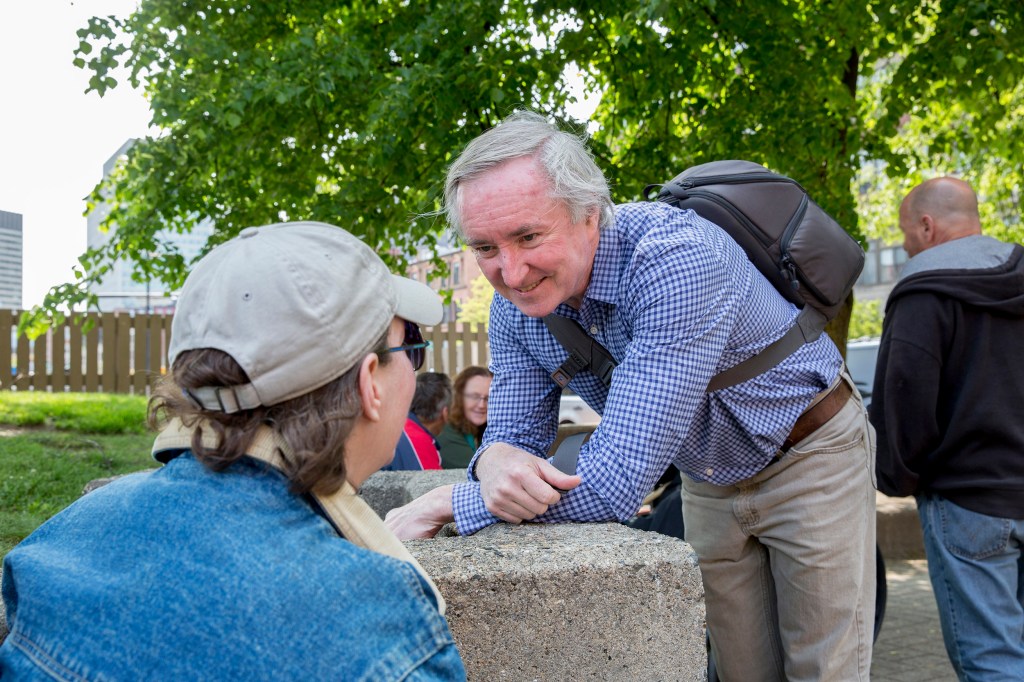
-
Why did so many buy COVID misinformation? It works like magic.
Panelists at a Harvard Law talk examined the surprising parallels between magic and misinformation.

-
The best thing about the Mediterranean diet? It doesn’t taste like a diet.
Olive oil – maybe not your mom’s – is a good place to start, says Chan School’s Walter Willett. But don’t be afraid to experiment.

-
Study finds ‘startling’ inequities in end-of-life opioid treatment
Investigators at Harvard-affiliated Dana-Farber Cancer Institute reported Black and Hispanic patients who had poor-prognosis cancer were less likely than white patients to receive opioid medications.

-
Vitamin D benefits linked to body weight
Researchers have found a correlation between vitamin D’s positive health outcomes and a person’s body mass index (BMI).

-
Cars blaring? Boss nagging? Take a deep breath. Now another.
Daniel Goleman, Tsoknyi Rinpoche walk us through science, practice of why we should meditate

-
Measuring the power of vaccines
Scientists have designed a mathematical model that can predict COVID-19 vaccines’ effectiveness over the long term in healthy individuals and those who have cancer or suppressed immune responses.

-
Weekend ‘catch-up sleep’ might offer a lifeline
Experts offer some tips on how to do better with getting enough rest, the first being admitting there’s a problem

-
Killing cancer with cancer
Scientists at Harvard-affiliated Brigham and Women’s Hospital have developed a cancer vaccine to simultaneously kill and prevent brain cancer in advanced mouse models.
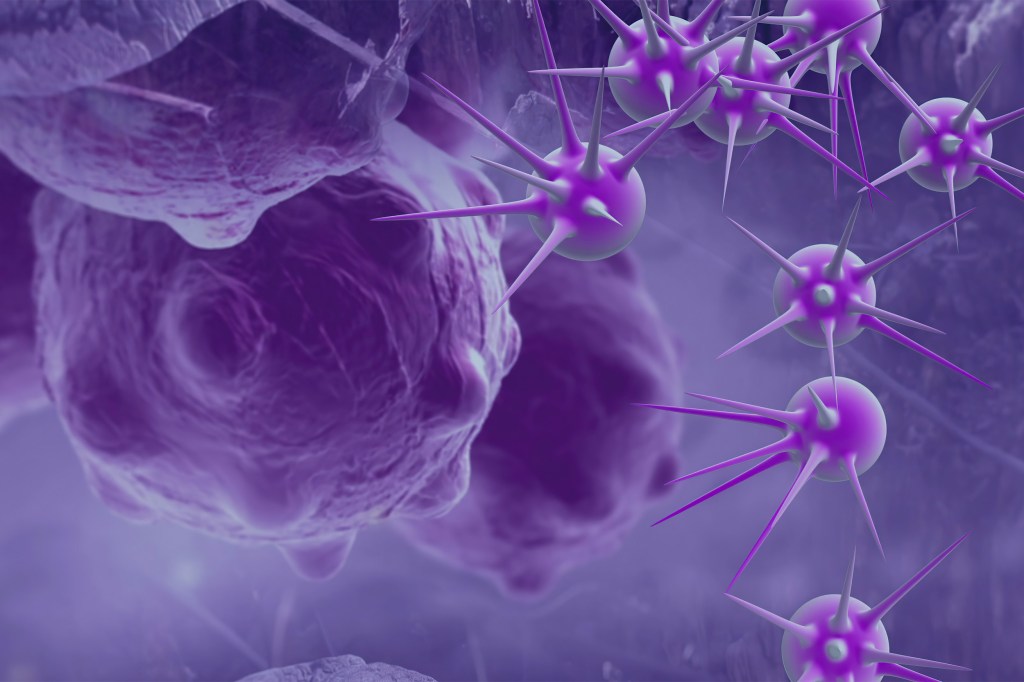
-
With an eye on climate, a helping hand for health care’s front lines
A new toolkit for community-based health centers offers advice to clinicians, patients, and administrators on how to prepare for and handle climate-related emergencies.
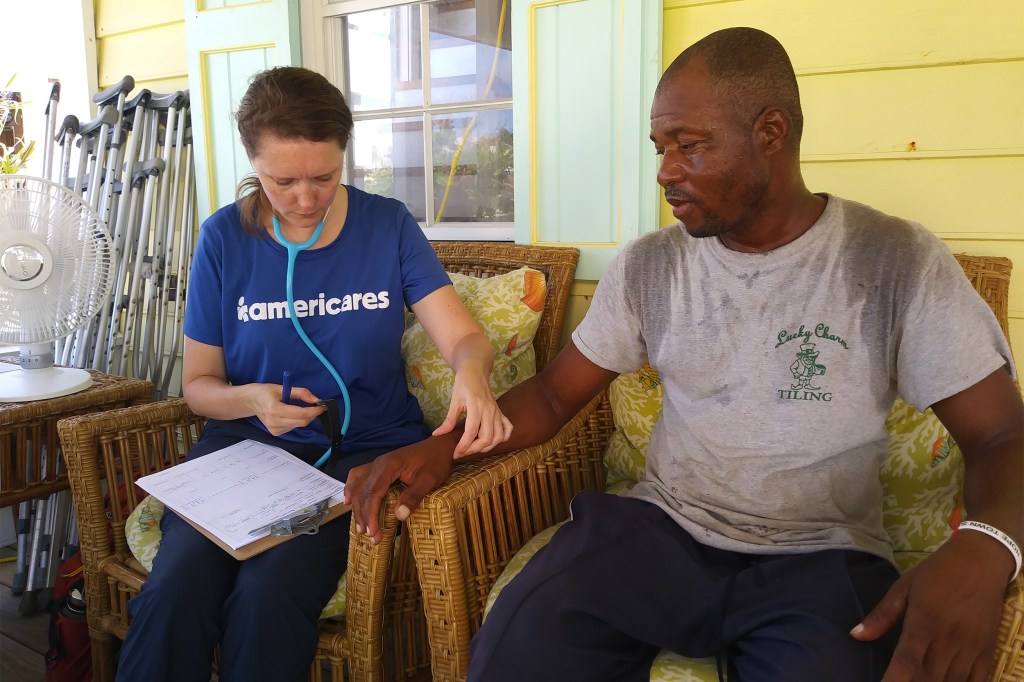
-
It’s heart attack season
Circumstances differ person to person, specialist says, but likely culprits include medication lapses and stress.
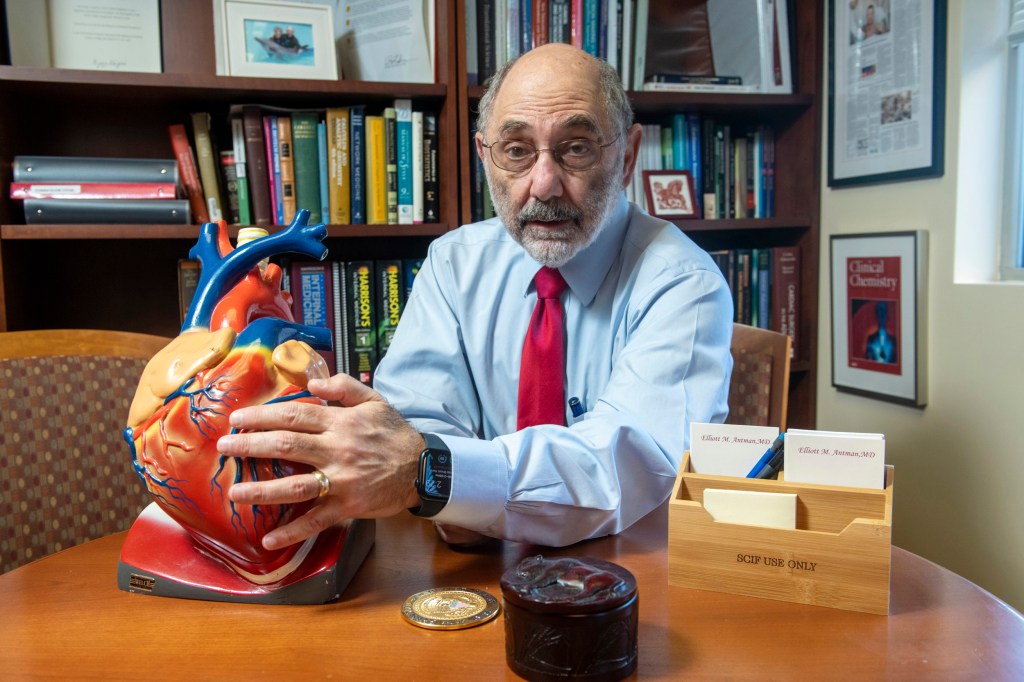
-
Send cash, not goods, and other suggestions for giving
There is no shortage of global suffering and need, says the director of Harvard Humanitarian Initiative, but you can still help.
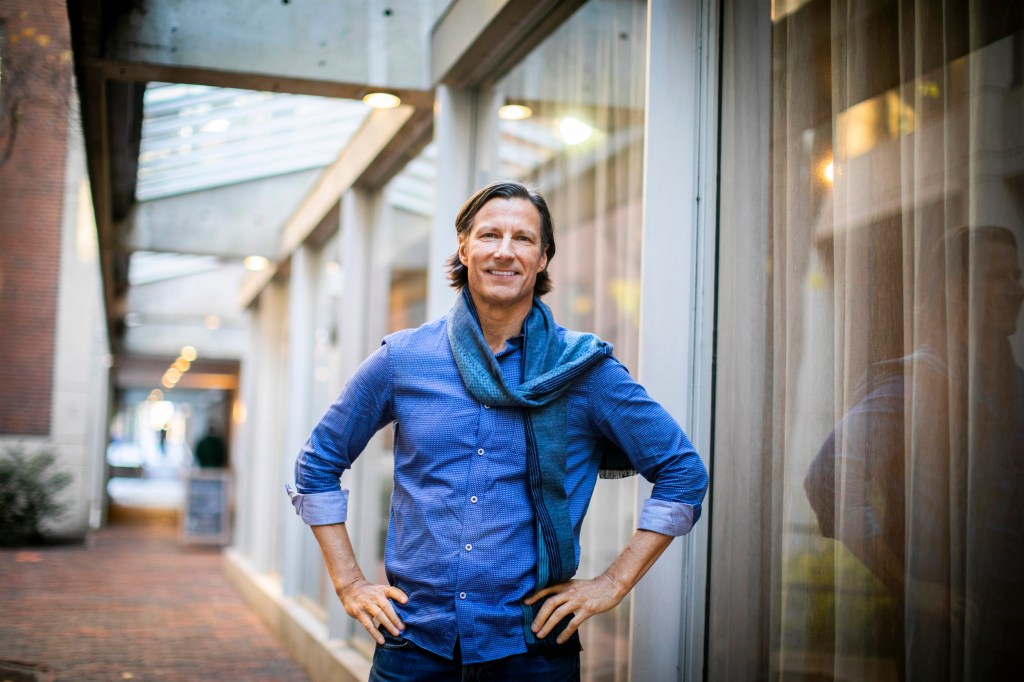
-
When pollinator populations are in peril
New Harvard study finds pollination loss removes healthy foods from global diets, increases chronic diseases causing an estimated 427,000 excess deaths annually.

-
Eating more during the holidays? Don’t mistake Oreo calories for olive calories.
David Ludwig discusses the drivers of the country’s obesity crisis and how more people can maintain a healthy weight.

-
N.Y. plan to involuntarily treat mentally ill homeless? Not entirely outrageous.
Katherine Koh, a street psychiatrist at Mass. General Hospital, explains the complicating factors behind New York City’s proposal to involuntarily treat mentally ill homeless people.

-
Severe COVID-19 linked with brain aging
Researchers have linked the molecular signatures underlying brain aging with the cognitive decline observed in patients with severe COVID-19.
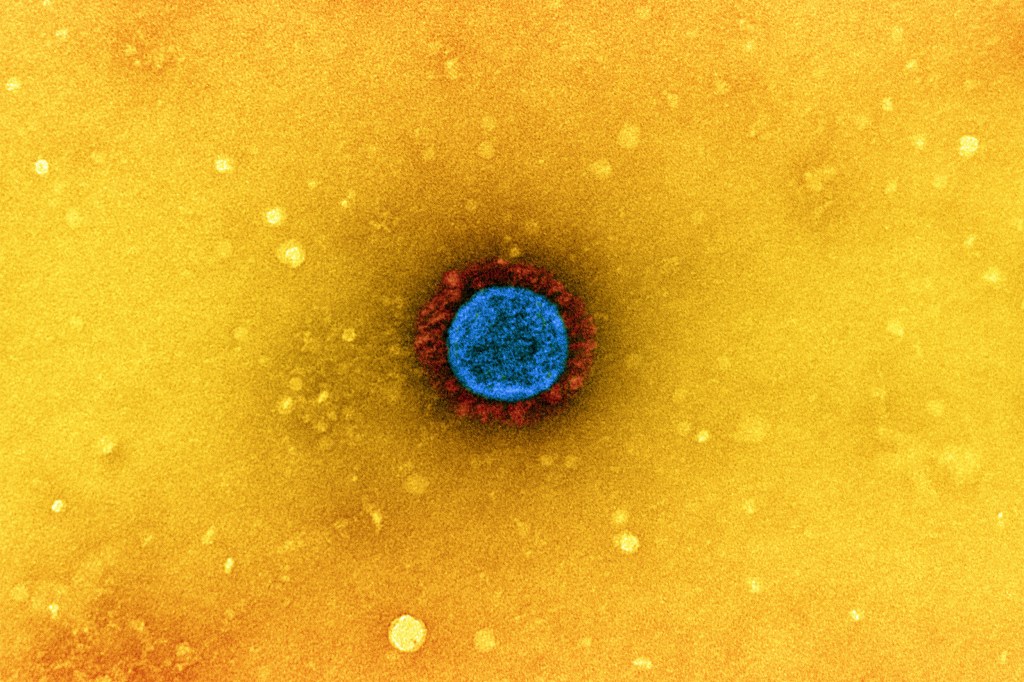
-
‘What kind of husband could stand by idly for four years while his wife’s breast cancer grew?’
Barrett Rollins, wife Jane Weeks were Dana-Farber stars who kept her cancer secret nearly to end

-
DASH diet’s impact differs based on race and gender
A new study shows that the Dietary Approaches to Stop Hypertension (DASH) diet reduces the risk of cardiovascular disease, especially for women and Black adults.

-
New CDC guidelines a ‘corrective’ for opioid prescriptions, specialist says
The CDC updates its 2016 opioid prescribing guidelines, to emphasize flexibility over rigid practices and laws whose aim is to reduce addiction.

-
Knowing what the doctor knows
Tom Delbanco explains why he supports giving patients greater access to records

-
Alcohol, sleep, and politics
A new BIDMC study suggests that divisive political events like elections can negatively affect one’s sleep and emotional well-being.

-
New AI tool can predict melanoma recurrence
A new AI tool may help clinicians determine which early stage melanoma patients would likely benefit from aggressive treatment even at the onset of the disease.
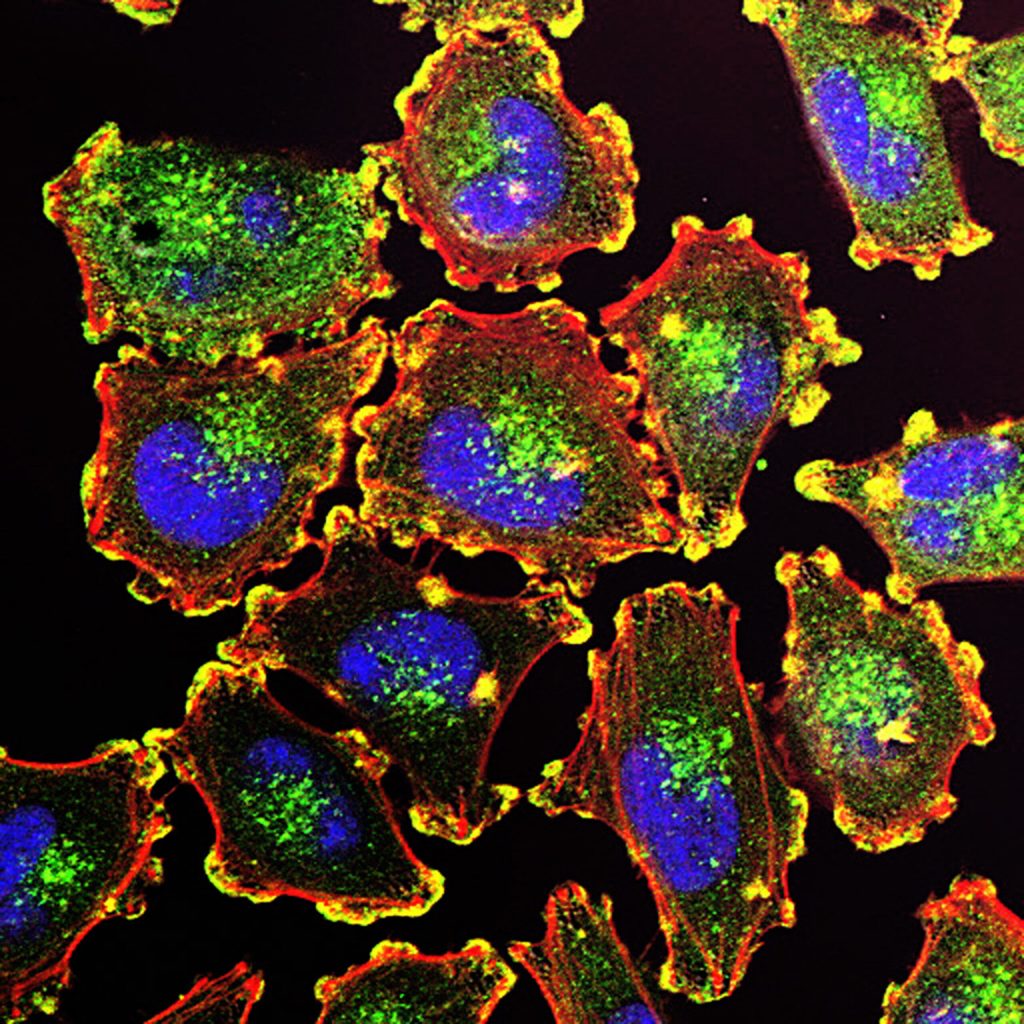
-
When our cells turn against us
Cells are the building blocks of life, Siddhartha Mukherjee says in his new book, but their vulnerabilities are also our vulnerabilities.
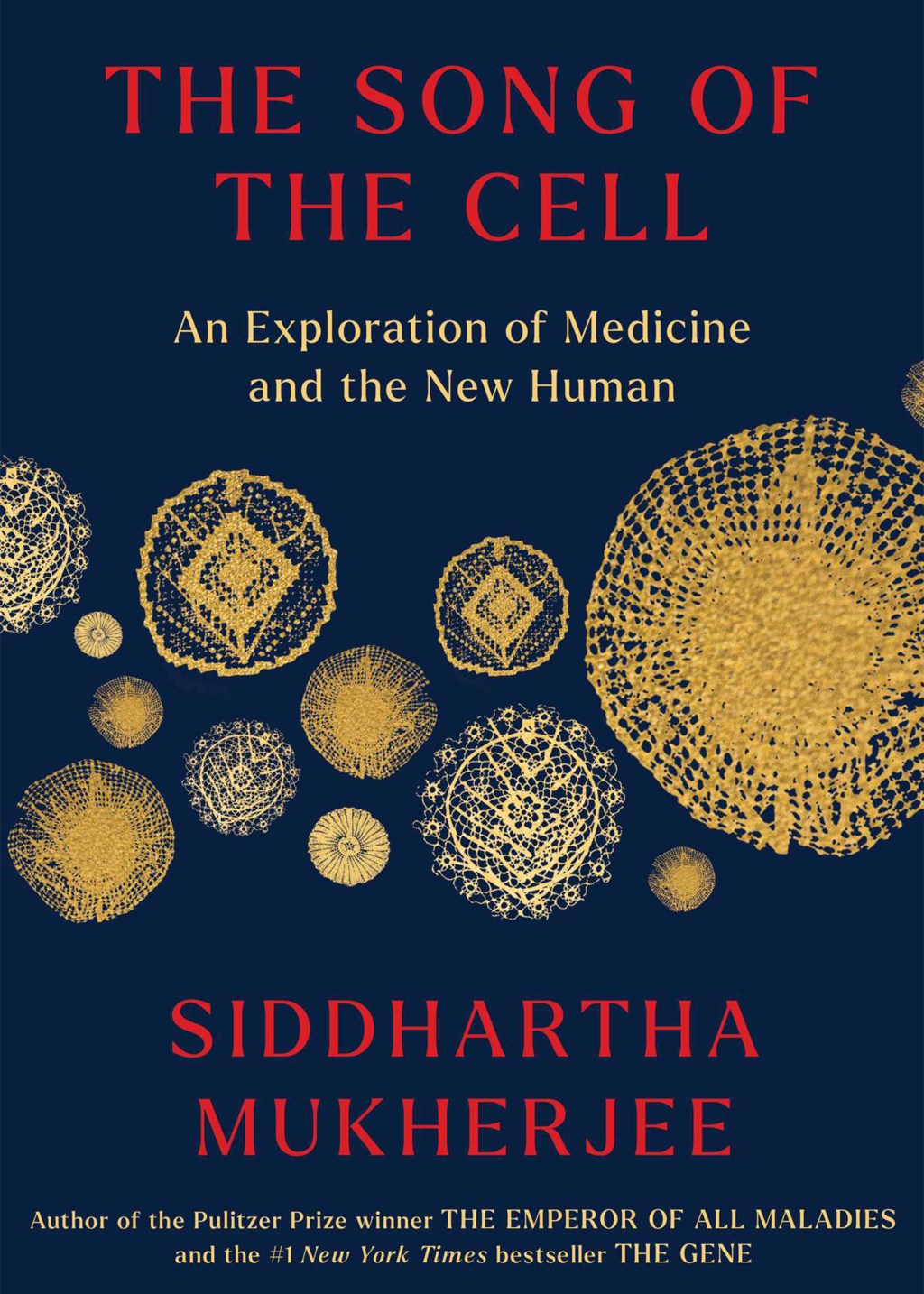
-
Study details better outcomes for Omicron BA.2 patients
A team led by investigators at Massachusetts General Hospital has determined that Omicron BA.2 is weaker than both Delta and the original Omicron variant.
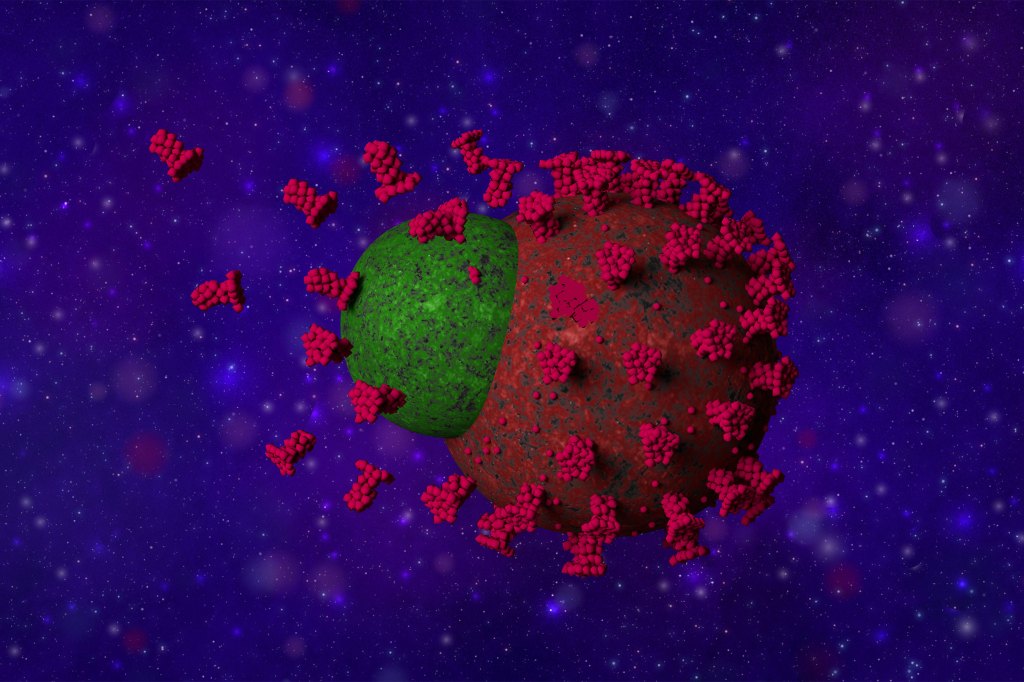
-
Siddhartha Mukherjee on Aristotle, COVID, and the ‘new human’
Pulitzer Prize-winning physician-author Siddhartha Mukherjee returns with “The Song of the Cell.”

-
Is pandemic finally over? We asked the experts.
Harvard faculty discuss changes to views on school, work, winter’s likely surge, danger of “lethal inflexibility.”
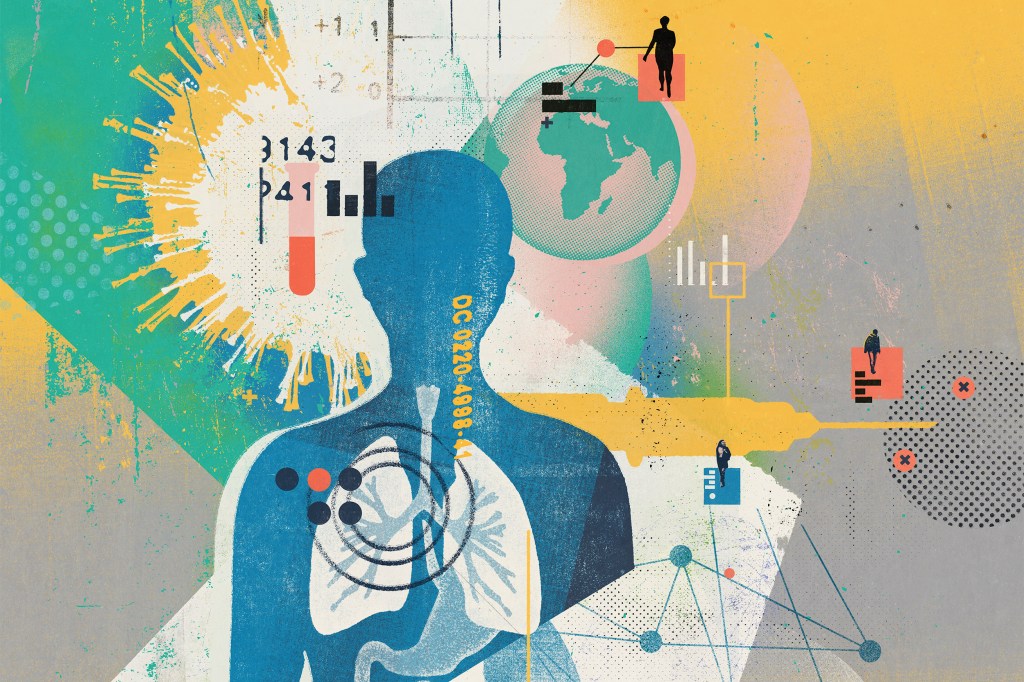
-
Building ‘bravery muscles’ to fight rising anxiety among kids
Harvard psychologist says pandemic worsened trend and screening, early intervention key to avoiding bigger problems.

-
Late-night eating and weight gain
A new study explains that when we eat significantly impacts our energy expenditure, appetite, and molecular pathways in body fat.

-
What makes us human? It’s all in the hips
Study shows how pelvis takes shape and what genes orchestrate the process.
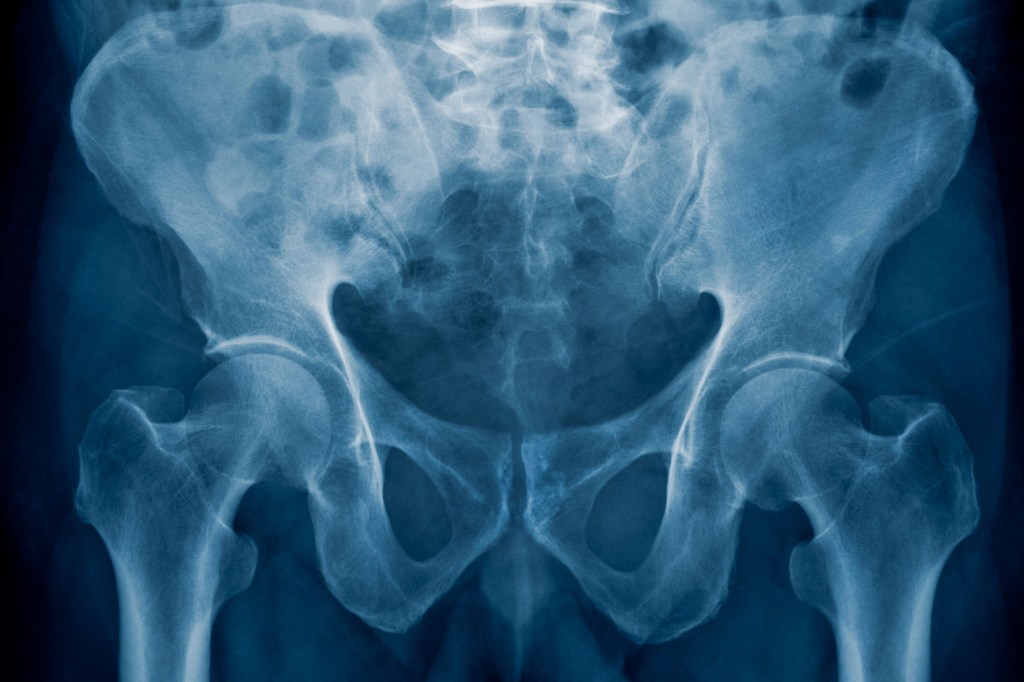
-
Parents are so wrong about teenage sleep and health
Harvard-affiliated study upends common myths around melatonin, weekends, school start times.



